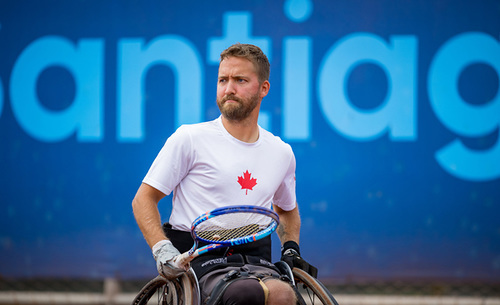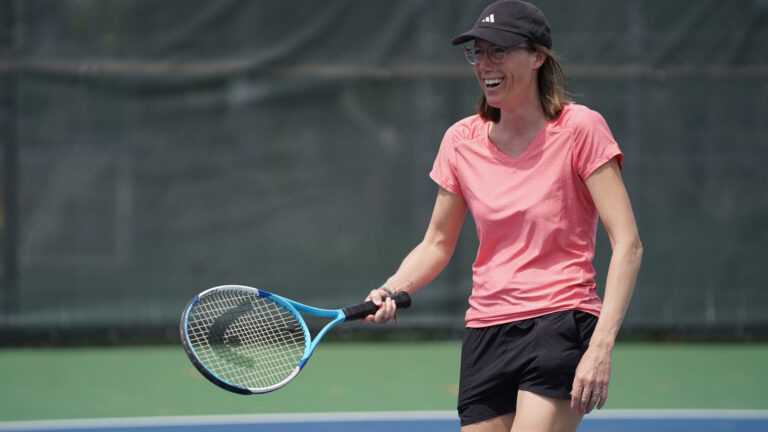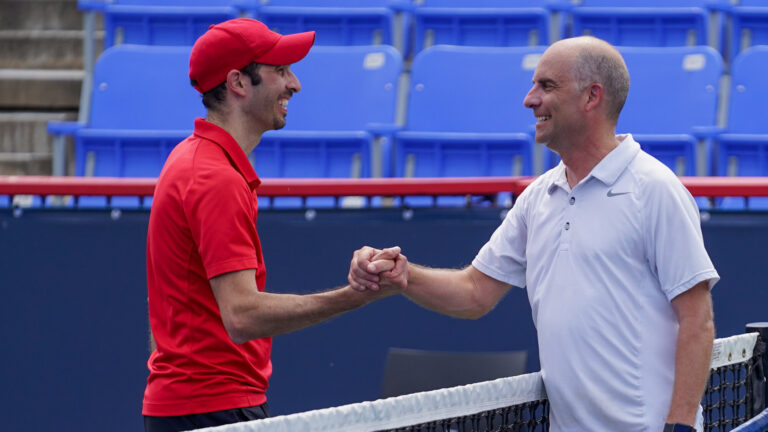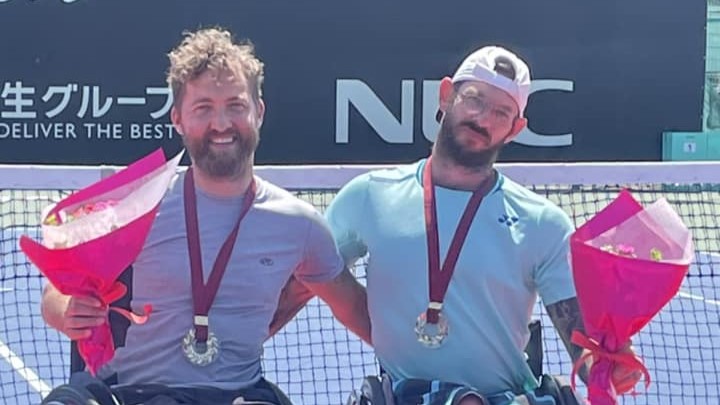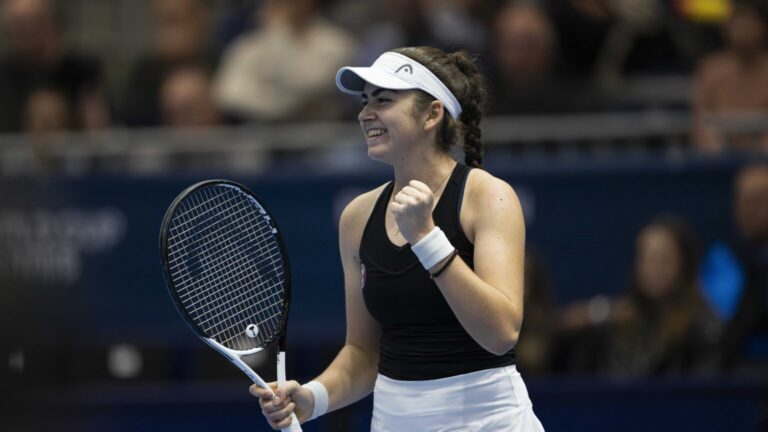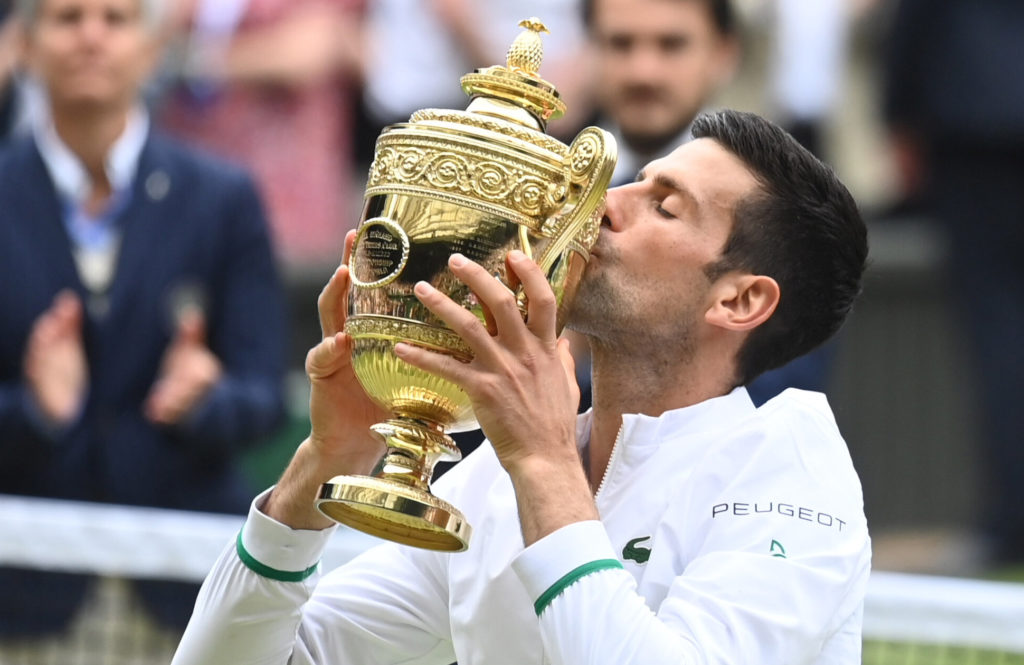
Photo: New York Times
In recognition of Mental Health Awareness Month and in conjunction with the launch of Tennis Canada’s revamped Mental Timeout Initiative supported by Beneva, we spoke with Dr. Sommer Christie, a Certified Mental Performance Consultant for Tennis Canada, to put together a four-part article series about the importance of mental health, both in tennis and in life.
This era of professional tennis has produced some of the best players the sport has ever seen. In addition to their remarkable achievements on the court, the likes of Novak Djokovic, Roger Federer, Rafael Nadal, Maria Sharapova, Serena and Venus Williams all have something else in common. They all have a champion’s mentality that gives them the edge over so many of their opponents in key moments and sometimes before a point is even played. It helps explain their greatness and gives fans a reason to keep tuning in to see how they will continually rise above the rest.
So, how can that mental strength be summoned when the stakes are highest in the heat of competition? The answer has many layers.
Dr. Sommer Christie is quick to point out that mental toughness is not something that you have, or you don’t. It consists of multiple components that can come naturally or be developed over time. She defines it as the ability to regulate and be resilient while remaining confident, focused, and in control under pressure. An athlete’s mental toughness is underpinned by the confidence that stems from their abilities.
“You’re more likely to have doubts if you haven’t proven you’ve been able to do it before. If you’ve done it before, you’re confident you’ll be able to do it again,” explained Christie. “Mentality equals mindset. What you say to yourself has to be continually positive and assured rather than asking yourself what if I fail? It’s important to focus on the present and the task at hand and let go of any distractions. Optimal focus is you, the ball, and your opponent.”

Achieving success at the highest level at a very young age is a reality that is unique to tennis. Players in that position have a steep learning curve and since they’re always the underdog on the way to the top, the pressure is essentially non-existent. It’s a different story when they reach the pinnacle of the mountain though. Suddenly, there’s an expectation to win and the fun is gone. Players become more aware of their mistakes and feel tempted to shift their mindset. It’s a popular pattern in tennis that can have a negative impact.
Christie, who is also a professor at the University of Ottawa and McGill University, does not advocate for playing exclusively for participation trophies. She believes that athletes need to learn how to deal with wins and losses, but she encourages a growth mindset where the focus is on improving and learning, rather than a fixed mindset which only associates pure, raw talent with winning. That’s what makes Djokovic, Federer, Nadal, and the Williams sisters so great. They are constantly raising the bar for excellence because they are always looking to get better no matter how much success they enjoy or how much their losses sting. Tennis is rooted in results so if players can’t grow from their setbacks, they’re going to get stuck.
“Starting so young means that kids only identify as tennis players. If you don’t identify with anything else in your life, your identity is tied into performance, especially for kids who haven’t had the chance to socialize, to make friends, or to even play other sports,” said Christie. That makes the outcome of their performance so much more stressful and impactful because their worth as a person is attached to it. Dealing with that kind of pressure is the recipe for burnout and for leaving the sport.”
Developing a growth mindset teaches young athletes how to deal with failure while also giving them autonomy in their own decisions and the power to lead a more balanced lifestyle. That’s why a champion’s mentality extends beyond the court and the field of play. It can be applied across all areas of everyday life whether we’re athletes or not. We can all influence outcomes, change course, and alter our perception of ourselves. It’s all about having the right mindset.
